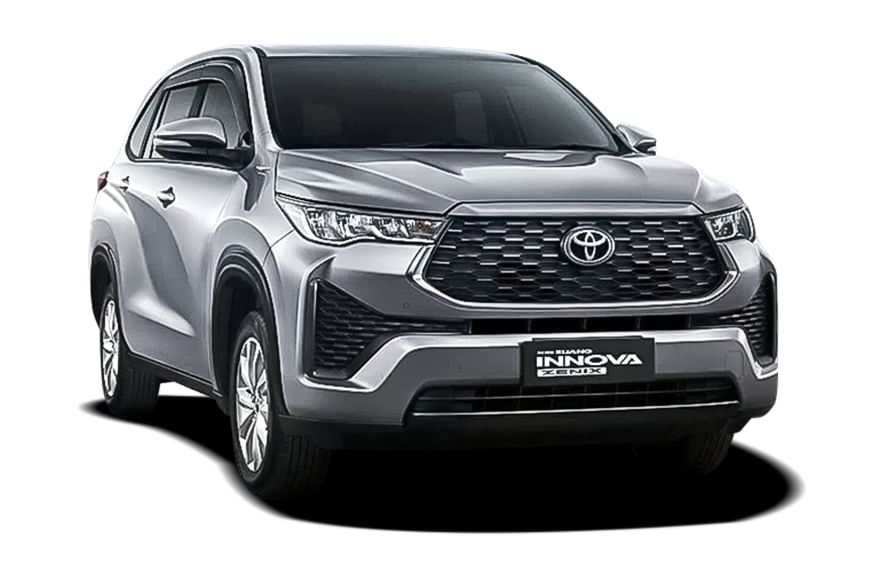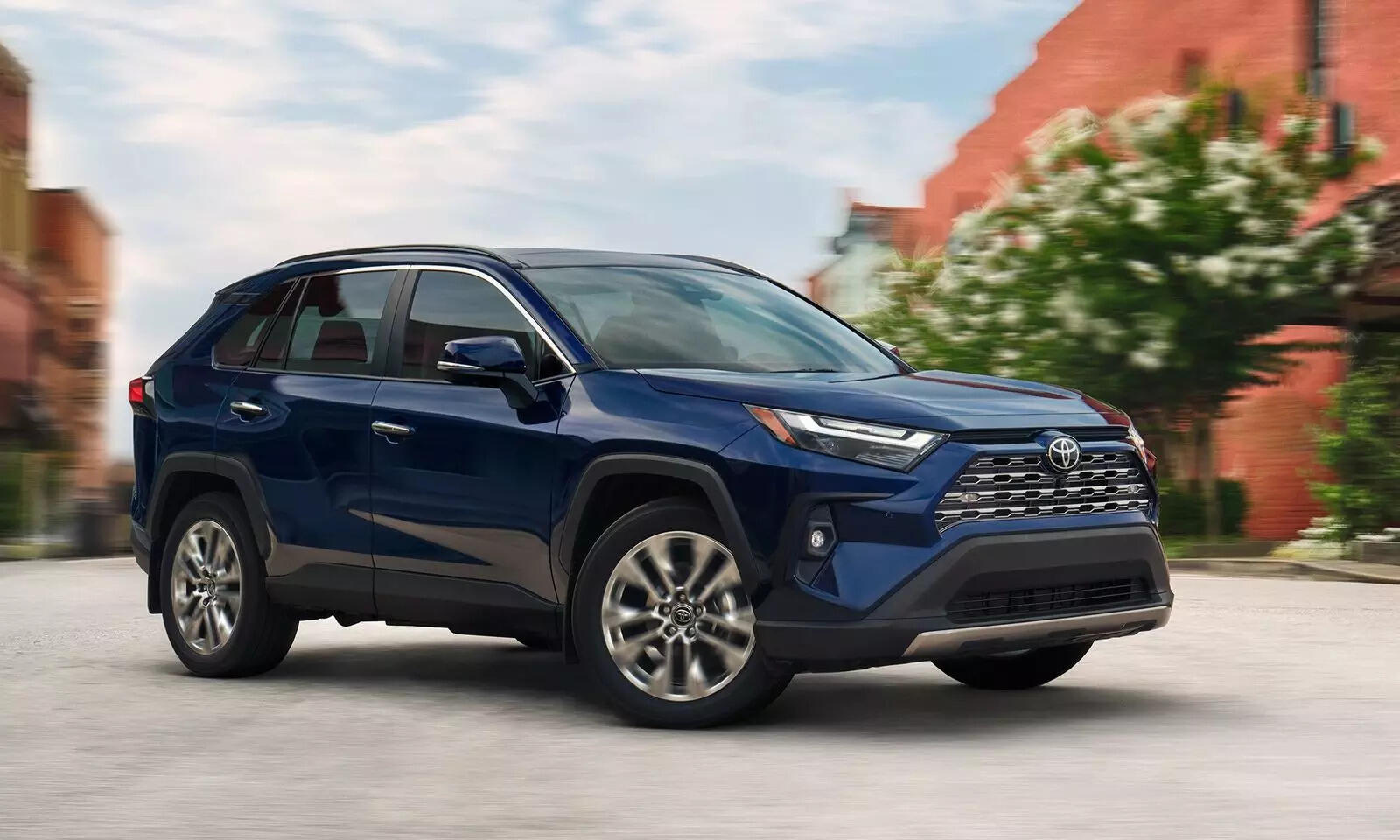Colorectal cancer, largely influenced by lifestyle factors, is rapidly rising in the youth. This concerning spike could be attributed to factors such as inactive lifestyle, unhealthy eating habits, drinking alcohol and smoking. As per the American Cancer Society, lifestyle factors can influence the colorectal cancer risk by 55%. This means the majority of colorectal or colon cancer risk can be curtailed by making appropriate changes in the daily routine be it diet or exercise regimen.
Diet, no doubt, plays a significant role in colorectal cancer prevention. Foods rich in fibre, vitamins, minerals, and antioxidants can guard against cancer, while low fibre, processed, and fatty foods can raise the odds.
A new study published in Nutrients in April 2025, highlights the role of an important vitamin in colorectal cancer prevention.
In a review of several studies done in the past, the scientists looked at data for studies on colorectal cancer and vitamin D. The review discusses the findings of around 50 human studies. The participants who either had colorectal cancer or had a documented vitamin D deficiency were taken into account. Cases where a vitamin D supplement was given to a person were also included.

Study findings
The researchers noted the significant role Vitamin D plays in the body including nerve cells communication, managing blood pressure, and preventing respiratory infections. It also contributes to maintaining gut health, thyroid hormones, blood sugar levels and reducing harmful effects of aging.
Vitamin D, also known as sunshine vitamins also acts as an antioxidant, reduces inflammation, suppresses autoimmune response, and support immune cells function.
The researchers also mentioned a previous study where it was suggested that vitamin D inhibits uncontrolled cell growth and the formation of new blood vessels that feed cancer cells which is called angiogenesis, and promotes apoptosis – killing of abnormal cells.
Vitamin D’s role in colon cancer prevention
Despite some conflicting evidence, it was found that Vitamin D deficiency is strongly linked to an increased risk of colorectal cancer as lack of Vitamin D can lead to intestinal inflammation, which could promote colorectal cancer progression.

What different vitamin D and colon cancer studies noted
Scientists talk about one meta-analysis of 31 original studies especially where in comparison to the lowest dietary intake of vitamin D (10 ng/mL), the highest amount (80 ng/mL) showed a 25% reduction in the colorectal cancer risk.
The Nurses’ Health Study, for instance, found that women with the highest vitamin D intake had a 58% lower risk of colorectal cancer (CRC). Similarly, the Iowa Women’s Health Study showed about a 50% reduced colorectal cancer risk with high calcium and vitamin D intake. The Spanish PREDIMED study and trials using vitamin D supplements reported comparable results.
Another way Vitamin D can help prevent colorectal cancer is by preventing polyps, researchers find.
A Canadian study that saw participation from 1,409 people found that vitamin D supplementation could cut colorectal cancer risk by 33% and the risk of high-risk adenomatous polyps by 43%.

Why many people are deficient
Many people are deficient in vitamin D due to limited sun exposure, particularly in colder climates or among those who spend most of their time indoors. Additionally, individuals with darker skin produce less vitamin D from sunlight, and the body’s ability to synthesize it decreases with age. Since most diets don’t provide sufficient amounts, supplementation or regular sun exposure is often necessary to maintain healthy levels. Vegetarians may have limited options for Vitamin D-rich foods considering most of them come from animal-based sources.
How to avoid Vitamin D deficiency
The review helps us understand one of the risk factors for colorectal cancer – Vitamin D deficiency. But how to avoid it?
The review also talks about healthy eating patterns like the Mediterranean diet which are also rich in vitamin D and other anti-inflammatory nutrients. The foods in the diet include fruits, vegetables, nuts, seeds, whole grains, fish, dairy and healthy fats.
People looking to add more of this sunshine vitamin must add egg yolks, fatty fish like salmon, tuna, mackerel and sardines, and mushrooms to the diet. Vegetarians who may find themselves with limited options must go for fortified dairy and orange juice.














.jpg?w=735&h=415&q=85)

.jpg?w=700&c=0)









































